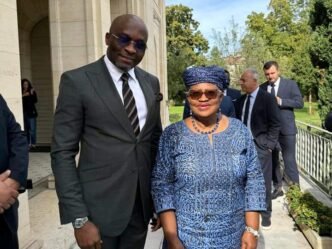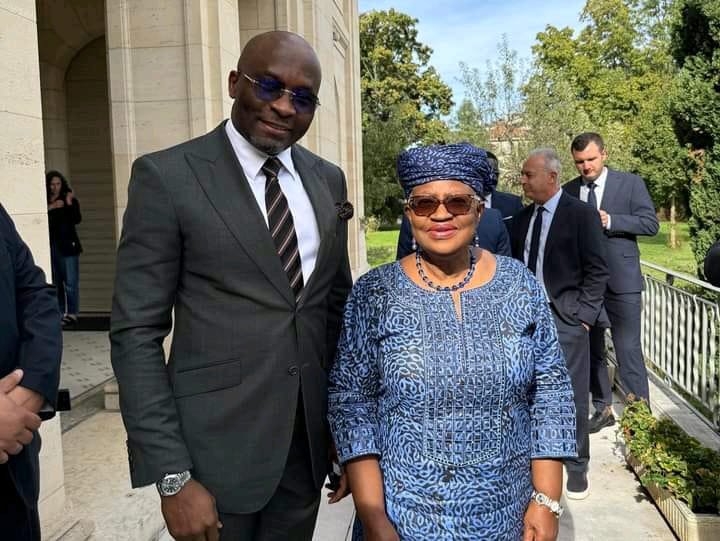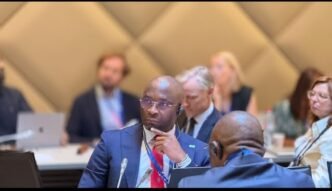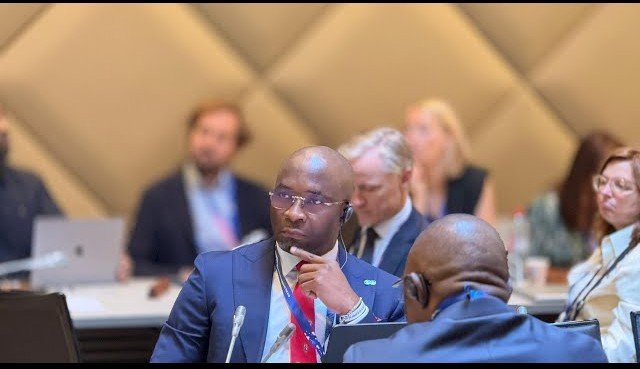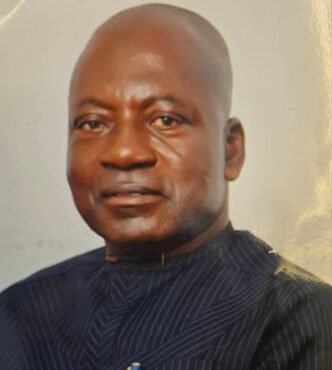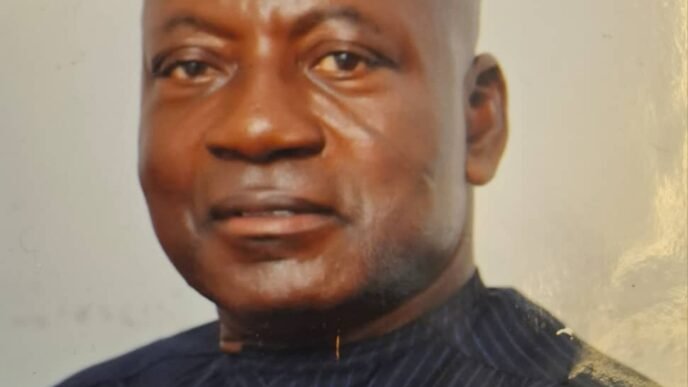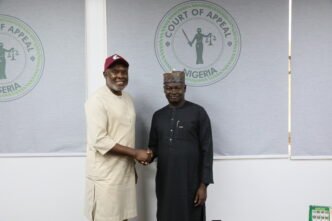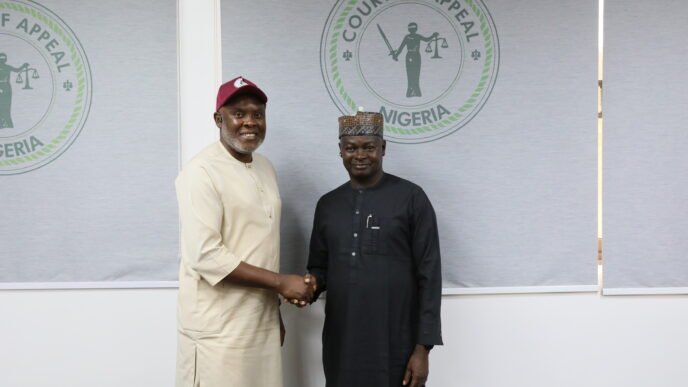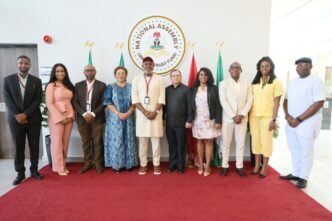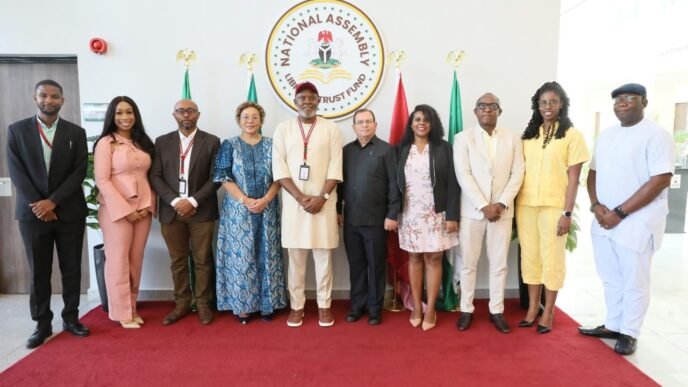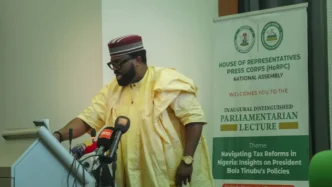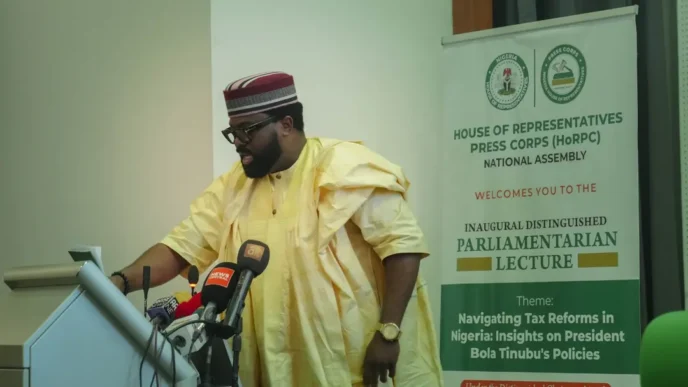Theodore Roosevelt once said, “It is not the critic who counts; not the man who points out how the strong man stumbles or where the doer of deeds could have done them better. The credit belongs to the man who is actually in the arena, whose face is marred by dust and sweat and blood; who strives valiantly; who errs, who comes short again and again, because there is no effort without error and shortcoming; but who does actually strive to do the deeds; who knows great enthusiasms, great devotions; who spends himself in a worthy cause; who at the best knows the triumph of high achievement and, at the worst, if he fails, at least fails while daring greatly, so that his place shall never be with those cold and timid souls who neither know victory nor defeat.”
In essence, governance and development are deeply intertwined elements of social engineering. The positive impact and value they bring to life cannot be overstated. Devotion, commitment, and resilience are crucial in fostering a culture of consistency and change.
Over time, Nigeria has produced numerous thought leaders and political figures who have made significant efforts to build an egalitarian and equitable society. However, many of these individuals have been constrained by the overwhelming cultural influences of their backgrounds, ecosystems, or philosophical beliefs. Consequently, citizens often bear the brunt of these limitations, facing repercussions in their lived realities.
To provide a balanced perspective, it is essential to acknowledge that Nigeria, home to over 250 million people, has seen its share of leaders who have been regressive. My experience in the political arena has provided firsthand insight into the nature of leadership, revealing vices that have painted our nation in a negative light and hindered our economic growth and social development.
A noteworthy moment occurred in March 2022 during the presentation and debate of the Electoral Reform Bill in the Nigerian House of Representatives. Amid the complexities and tensions surrounding this critical legislation, I witnessed many lawmakers falter and lose their ideological grounding. Yet, one man stood resolute: Rt. Hon. Benjamin Okezie Kalu, then House of Representatives spokesperson and current Deputy Speaker of the 10th Assembly. His unwavering patriotism and commitment to the Nigerian project were evident as he spoke with passion and conviction in support of the bill.
Kalu prioritized national interest over personal gain and championed the need for a more advanced, flexible, and digitalized electoral process, moving away from outdated methods. After the voting concluded, I elaborated on the necessity and timeliness of the Electoral Reform Bill, illustrating how Kalu had placed the needs of our nation above self-interest. He actively participated in the debate, voted decisively, and emerged proud of the representation he provided.
John W. Gardner wisely pointed out that “great things happen nationally when top leadership is supported from below.” Kalu has exemplified this principle in his role as a parliamentarian, showcasing his intellectual capacity, understanding of international diplomacy, and skills in arbitration and resolution. Recently, he quietly facilitated the resolution of a protracted dispute between contractors and the federal government. His commitment to fostering dialogue continued as he traveled to Geneva, Switzerland, to participate in the 55th session of the Steering Committee of the Parliamentary Conference on the World Trade Organization (PCWTO), alongside alongside fellow Steering Committee Members from eight other countries, including the European Parliament.
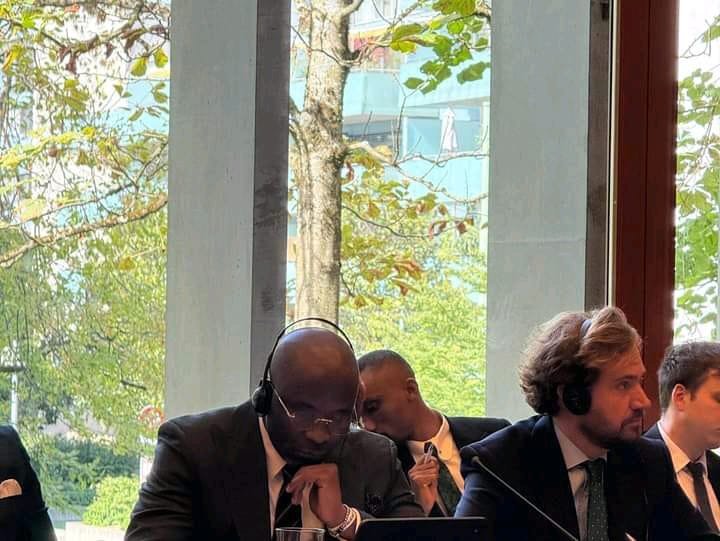
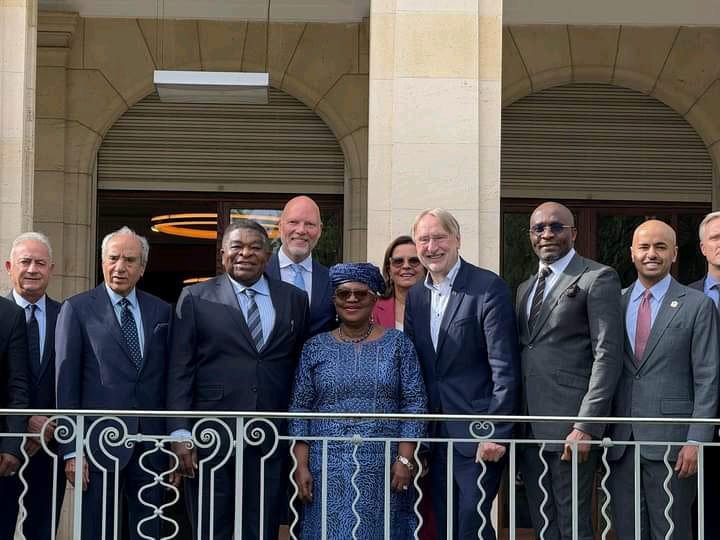
In Geneva, Kalu’s voice resonated powerfully in support of enhancing Nigeria’s global relevance. Kalu’s focus on multilateralism during this engagement underscored his technical expertise and dedication to ensuring that Nigeria’s voice—and Africa’s more broadly—strongly resonates in shaping the future of global trade governance. His mission to reinforce multilateralism, promote trade, and ensure that no African nation is left behind in the evolving global economy is incredibly significant, especially in a delicate and fractious international landscape marked by various alliances and divisions. Nevertheless, Kalu’s voice rose above the turbulence, demonstrating his influence in public service, which has significantly contributed to the development of his immediate constituents.
As Deputy Speaker of Nigeria’s House of Representatives and Chairman of the House Committee on Constitutional Review, Rt. Hon. Benjamin Okezie Kalu also serves as a member of the African Union Pan-African Parliament (under the Finance and Administration Committee), a member of the ECOWAS Parliament (Chairman of the Finance, Administration, and Budget Committee), and he serves on the Steering Committee of the Parliamentary Conference on the World Trade Organization, among other notable positions.
There is no doubt that the current administration values his contributions and insights as vital to Nigeria’s growth, stability, and development. We must not overlook such a brilliant and multifaceted mind. Kalu embodies wisdom, intellectualism, and confidence; his extensive knowledge of international diplomacy is evident in his accuracy, skill, and remarkable ability to deliver results swiftly. As a nation poised for success, we must preserve, protect, and cherish individuals of such strength. This is essential for encouraging others to dare to dream and engage when matters of nationhood and patriotism demand attention in our national discourse.
Bond Ike Udeagha ANIPR
Abuja, Nigeria.
